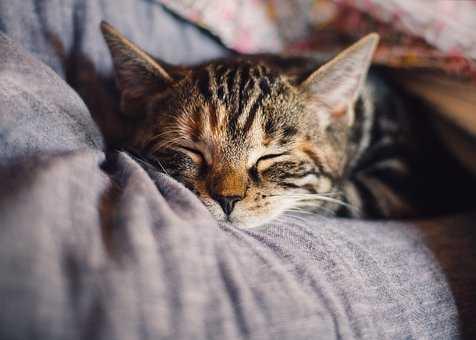The lack of sleep
Many successful people claim they need only a few hours of sleep each night.
But the lack of sleep is linked to health problems, including diabetes, depression, and heart disease. It impacts longevity and increases the risk of Alzheimer's.
206
1.71K reads
CURATED FROM
IDEAS CURATED BY
"The greatest of follies is to sacrifice health for any other kind of happiness." - Schopenhauer
The idea is part of this collection:
Learn more about health with this collection
Leonardo da Vinci's creative process
How to approach problem-solving like da Vinci
The importance of curiosity and observation
Related collections
Similar ideas to The lack of sleep
Not getting enough high-quality sleep
Sleep is extremely important for good health.
Sleeping fewer hours than you need may increase your risk of a number of illnesses, including heart disease, diabetes, and depression.
Several studies note that inadequate sleep may also lower your metabolic rate and i...
Why We Sleep
While even experts haven’t reached a consensus explanation for why we sleep, numerous indicators support the view that it serves an essential biological function.
In adults, a lack of sleep has been associated with a wide range of negative health consequences including cardiovascular probl...
Anticipatory anxiety
The Sunday scaries are a form of “anticipatory anxiety,” that's why concerns might creep in as you consider the upcoming week.
Worrying about future events is human nature. But prolonged anxiety can lead to chronic stress, which increases your risk of health problems, including depr...
Read & Learn
20x Faster
without
deepstash
with
deepstash
with
deepstash
Personalized microlearning
—
100+ Learning Journeys
—
Access to 200,000+ ideas
—
Access to the mobile app
—
Unlimited idea saving
—
—
Unlimited history
—
—
Unlimited listening to ideas
—
—
Downloading & offline access
—
—
Supercharge your mind with one idea per day
Enter your email and spend 1 minute every day to learn something new.
I agree to receive email updates


